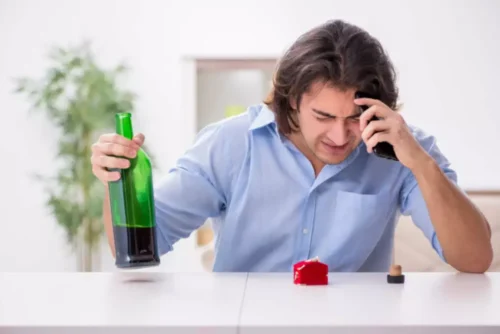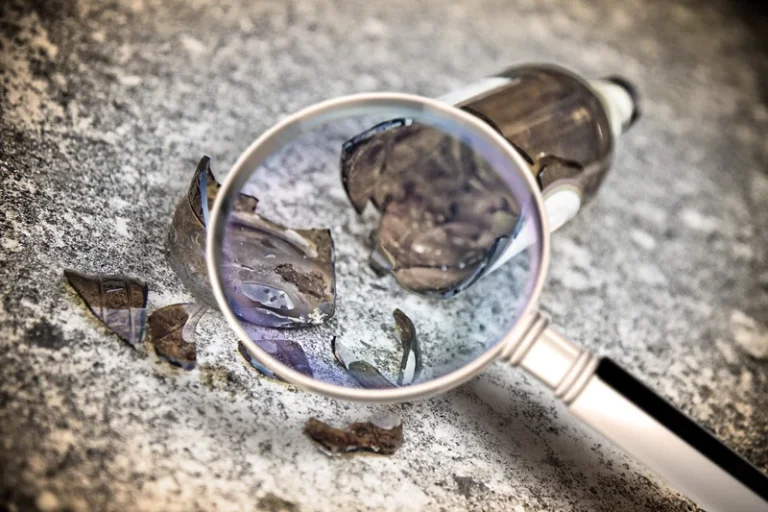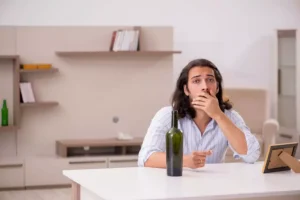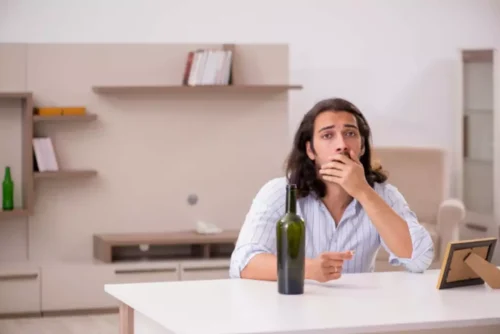
These substances can increase heart rate and exacerbate feelings of panic. Many people turn to alcohol as a way to self-medicate their anxiety. Drinking can provide temporary relief by producing feelings of relaxation and euphoria. It can also lower inhibitions, making social situations feel more manageable for those with social anxiety. Stopping heavy alcohol use can lead to withdrawal, which often involves heightened anxiety and panic attacks.
When To Contact a Healthcare Provider
You may fear having panic attacks so much that you avoid certain situations where they may occur. Although panic attacks themselves aren’t life-threatening, they can be frightening and significantly affect your quality of life. If you are experiencing regular panic attacks, you need to ask for support. Speaking with friends and family can help them prepare to support you when a panic attack strikes. It is also important that your seek support from your GP, who will talk you through available treatment options.

Emotional Effects of Alcohol: Why Drinking Makes You Unstable
- Depersonalization can be described as feeling detached from oneself, or as if you are observing your own behaviors but not identifying with them.
- If you wake up the next morning with a sense or regret or dread over what you’ve done while drunk, this can be stressful for anyone.
- A blinding headache, nausea, and fatigue are the classic signs of a hangover.
- These substances can increase heart rate and exacerbate feelings of panic.
- Agoraphobia can lead to functional disability and limit relationships, work, social life, leisure, and more.
- It’s essential to recognize the potential for alcohol use to exacerbate anxiety and to seek healthier coping mechanisms and support systems to manage anxiety effectively.
Society would have us believe that there’s no better way to unwind after a long day than by drinking a glass of wine, cold beer, or sipping your go-to liquor. can alcohol cause panic attacks But trying to relax with a drink or two may not give you the long-term anxiety relief you want. Drinkaware UK provides some useful online tools to help you to reduce your alcohol intake.
How alcohol can cause anxiety and why you shouldn’t treat anxiety with alcohol

Its use can lead to disorders and dependency, altering brain chemistry and cognitive function. This is a slippery slope that can easily spiral into a devastating addiction, make your panic attacks and anxiety worse in the long term. Even one drink can interrupt the natural cycles of sleep, causing a nervous or irritable feeling the next morning. Alcohol is a mild anesthesia and will put you in the mood for sleep — at least initially. Later in the sleep stages, alcohol disrupts REM sleep and paralytic sleep, which is when your body rejuvenates itself. Even if you’re consuming a standard amount of alcohol — a 12-ounce beer or a 5-ounce glass of wine — you’ll experience a mild detox or withdrawal.
It’s also possible for chronic alcohol use to contribute to existing anxiety or lead you to develop an anxiety disorder. But if drinking never ends, and the alcohol use becomes chronic, you might begin to see how anxiety and alcohol misuse can feed into each other. If you or someone you love is experiencing alcohol related anxiety, there are ways to cope. Symptoms of panic disorder often start in the late teens or early adulthood and affect more women than men. Up to one third of people will experience at least one panic attack in their lives, according to clinical psychiatrist Cindy Aaronson.

Your body can have an uncomfortable sensation the next day as a result, which can feel like a nervous energy or anxiety. The problems with quitting alcohol and anxiety start long before you decide to quit. They started when https://ecosoberhouse.com/ alcohol was used as a coping mechanism for dealing with stress. That’s why when you stop drinking, it’s not uncommon to experience a range of terrible symptoms, including anxiety. It’s even more common to find that after you’ve stopped drinking, anxiety makes you want to go back to alcohol.
- Alcohol is often abused in an effort to reduce anxiety and calm nerves.
- One of the most important steps in relieving severe alcohol withdrawal anxiety and panic attacks is by building a strong network of supportive individuals around you.
- When you suffer from panic attacks and anxiety, it implies that your natural ability to cope with stress is suffering.
- While some people are able to drink responsibly and in moderation, others struggle to control their drinking and put themselves at risk of developing addiction and other physical health concerns.
Treatment & Support
- Many people who have issues with alcohol also have difficulty with anxiety and mood.
- The truth is that getting better isn’t just a matter of getting off of drugs or alcohol.
- By the time I reached my early thirties and evolved into a nearly daily drinker, I noticed new symptoms.
- They can help you develop tools for coping with anxiety and offer advice if you’re having issues with the amount of alcohol you’re drinking.
- The symptoms of a panic attack peak within a few minutes but may feel like they last an eternity.
- Our health care providers can answer your questions about the effects of alcohol or provide referrals for medical advice.
There may also be a more direct link between alcohol consumption and anxiety. Alcohol links to gamma-aminobutyric acid (GABA) receptors, which are chemicals in your brain. Using alcohol to cope may lead to more severe hangover symptoms if you already have anxiety or depression.
Anxiety and depression
That said, we don’t currently provide treatment for schizophrenia, primary eating disorder treatment, or Medication Assisted Treatment for substance use disorders. Anxiety is different to depression, but they can sometimes go together – feeling anxious and worrying constantly can make you feel low. And depression is affected by alcohol too – find out more on our alcohol and depression webpage. If you’re still feeling anxious after a few weeks, contact your GP surgery. Talking therapies like CBT (cognitive behavioural therapy), can help you learn to spot unhelpful patterns of behaviour and help you to develop coping strategies.